
Turning Ideology Into Practice
What’s missing when “animal lovers” go to zoos, swim with captive dolphins, or support other animal-exploiting attractions and industries? Empathy, respect, and awareness.

What’s missing when “animal lovers” go to zoos, swim with captive dolphins, or support other animal-exploiting attractions and industries? Empathy, respect, and awareness.

A prominent Indian activist writes about the complexities of elephant captivity in India.

When we start off as young activists, we are often driven more by passion than by planning. But an effective activist takes more than just passion and guts.

Just as we do the best with what we have in our work, we must also do the best to maintain our personal lives, our social support groups, our hobbies and our self-care rituals. We must replenish ourselves so we can bring the best of ourselves to this movement.
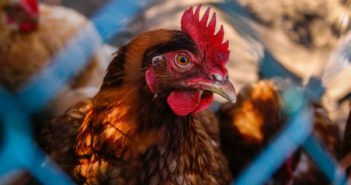
FIAPO reports on a multipart campaign to improve conditions for chickens held in illegal slaughterhouses in the city of Mangalore. Though the changes are only a first step, the relief for the birds has been significant.
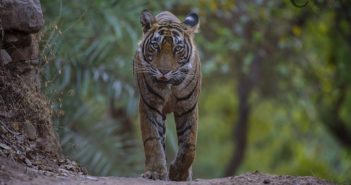
Tigers in India have been under threat for hundreds of years, and by the year 1971, their population had dropped to 1800. Though hunting tigers is outlawed today, they continue to be threatened by human activities, such as habitat encroachment, illegal poaching, and government-sanctioned killing of tigers deemed to be “man-eaters.”

The Declaration of Rights recognizes that elephants cannot be paraded in temples, or forced to beg on the streets, or kept enslaved, not just because it’s cruel, but because it compromises their basic rights. Sign today to help achieve a rightful and dignified life for elephants in India!
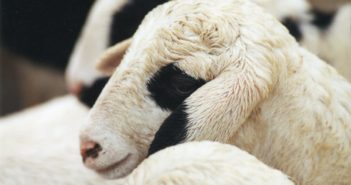
With over 2000 petitions in a day, hundreds of phone calls to the chief minister’s office, and several protests to stop these ‘flights of slaughter,’ we have showcased our strength and ability to work together as a cohesive community for the protection of animals in India.

The law alone is not enough to stop violence against animals. Improving how animals are treated requires a shift in the way we campaign.
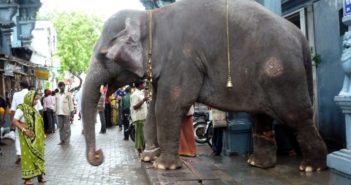
Federation of Indian Animal Protection Organizations (FIAPO) has taken a bold step forward: demanding legal personhood for the Asian Elephant on grounds of their intrinsic value and dignity.
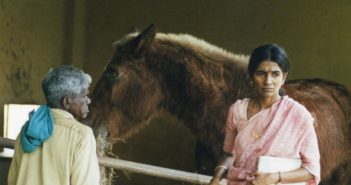
It is not hard to identify similarities between women’s rights issues and animal rights issues. FIAPO believes that the end of sexist objectification, and recognition of equality of women, logically extends to animals too.
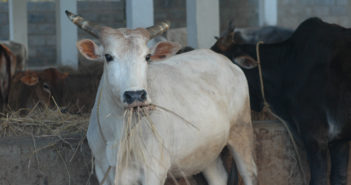
For all the commotion surrounding India’s 2018 budget, animals are entirely absent from the conversation. This serves as a stark reminder of how insignificant their sentience is in the Indian government’s decision making on economic growth and reform.